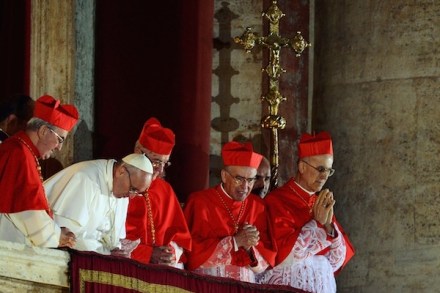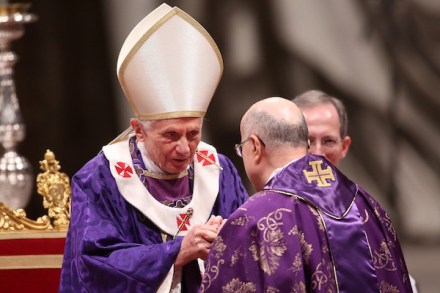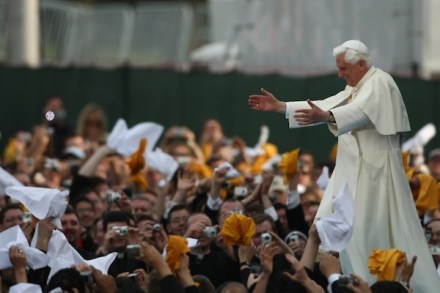Already, Pope Francis is the victim of cheap journalistic smears
So the new Pope was ‘cosy with dictators’, according to the papers. The only sources for that assertion seem to be Latin Americans left-wingers who are obviously and implacably hostile to the Catholic Church. The most damning ‘evidence’ appears to come from an anti-clerical conspiracy theorist called Horacio Verbitsky, who has alleged in a book called ‘The Silence’ that the Catholic Church and Cardinal Bergoglio were complicit with the murderous military dictatorship during Argentina’s ‘dirty war’. One doesn’t have to be a papist to regard all these hastily re-heated allegations as dubious. (But it helps.) The papers have dug up various other Latin Left ‘activists’ to attack the new Pope. The Times, for














